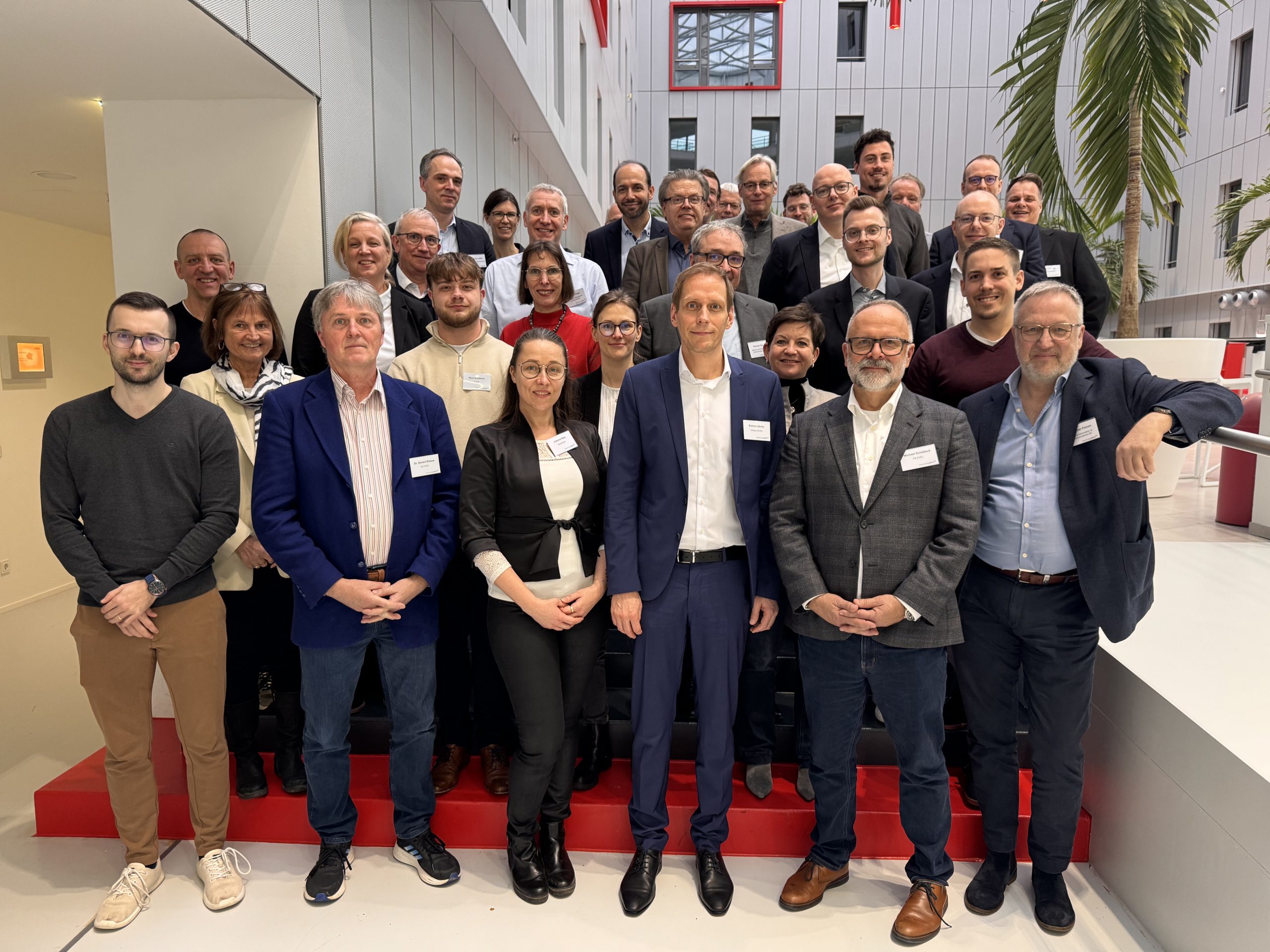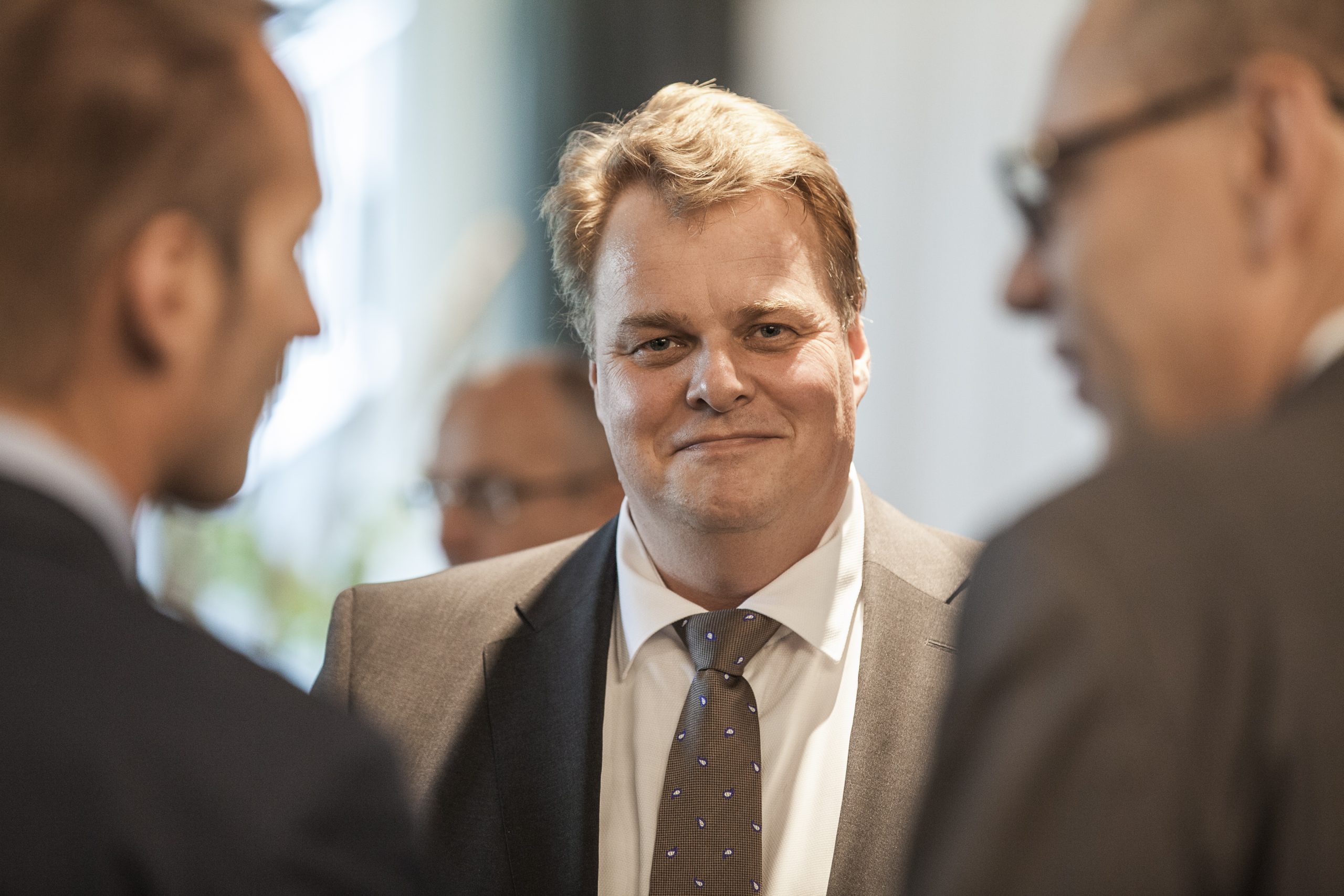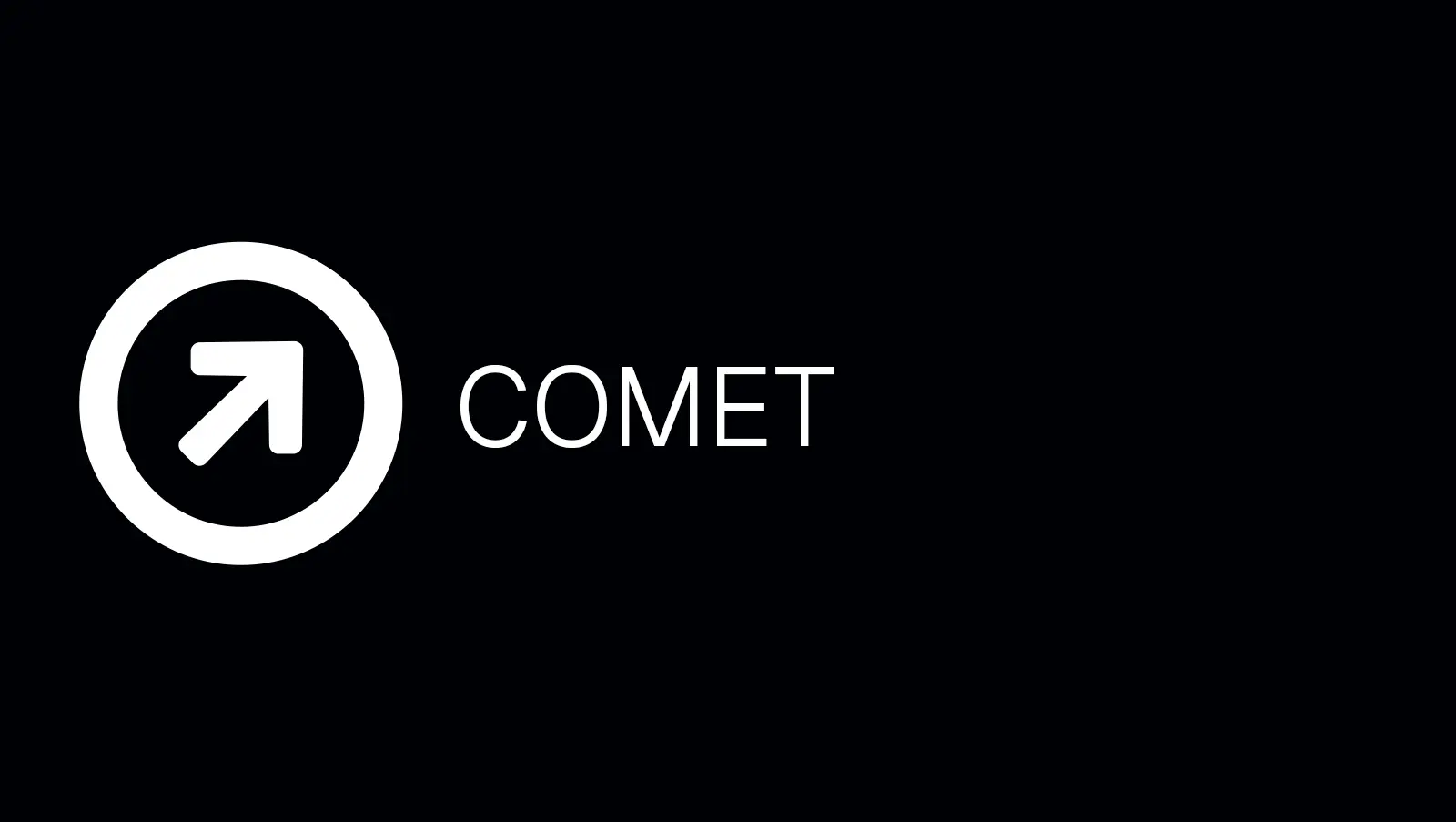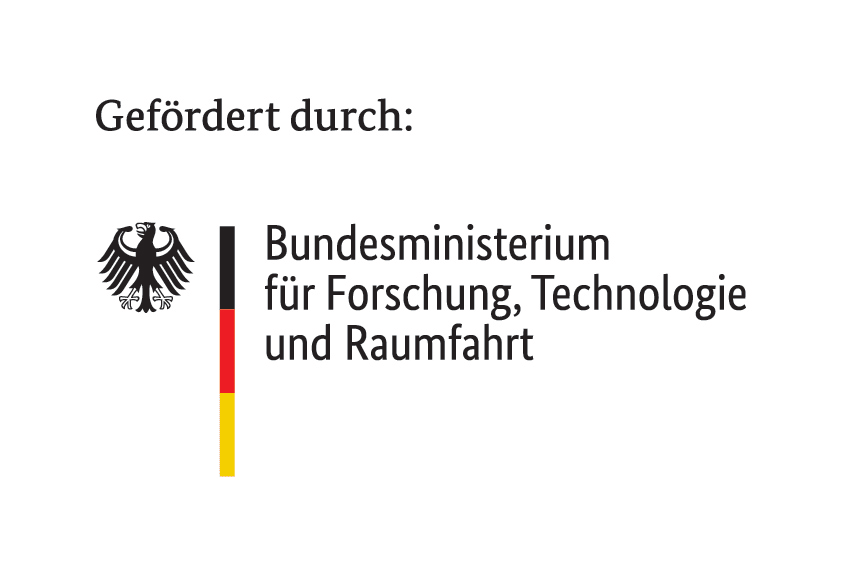“Without craftsmanship, all innovation remains theory”
25. June 2025
9 minutes
Heider Elektro GmbH specializes in modern electrical engineering and building automation. The company develops and implements solutions for networking and controlling living and working spaces. We talk to Mike Heider, Managing Director, about the role of electrical engineering in the digitalization of buildings and the motivation for participating in SmartLivingNEXT.
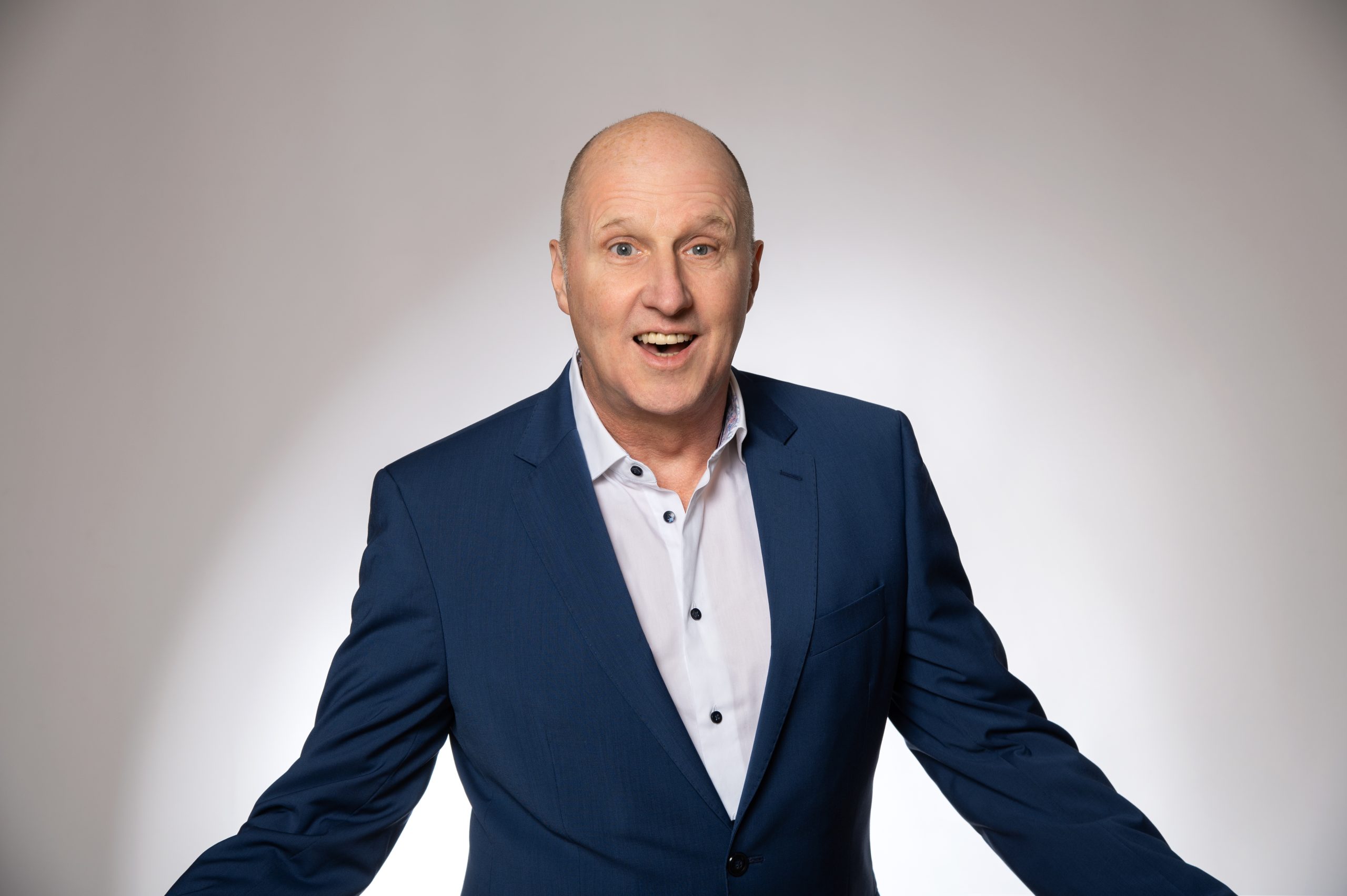
Mr Heider, your company is considered a pioneer in the industry when it comes to the digitalization of residential properties. You have been focusing on building system technologies since 1992 and also support building owners with planning. What motivated you to get involved in this topic so early on and how do you see the future impact on your business area?
Our motivation to invest in the digitalization of residential properties and industrial sites back in 1992 was driven by the conviction that building system technology has the potential to significantly improve living comfort and quality of life. The skilled trades play a key role here, because without specialist companies to plan, install and maintain these systems, all innovation remains theory. We recognized early on that intelligent technologies not only optimize energy consumption, but can also make people’s everyday lives easier. This vision has driven us to develop innovative solutions and provide building owners with comprehensive support when planning their projects.
We currently see digitalization as an indispensable part of our industry. It enables us to design more efficient processes and offer customized solutions that are tailored to the individual needs of our customers. We therefore expect to see increased demand for smart living concepts and sustainable technologies in the future. In addition, the integration of the Internet of Things (IoT) and artificial intelligence (AI) will expand the possibilities for developing even smarter systems that not only increase comfort but also help to conserve resources. Our common goal must be to be at the forefront of this development and offer our customers innovative solutions that revolutionize their living experience. We firmly believe that a joint commitment to digitalization and sustainability will not only strengthen our business location, but also make a positive contribution to the future of construction.
You recently became an associated partner of SmartLivingNEXT. You have also been a member of the board of the Smart Home Initiative Deutschland since November 2023. What prompted you to enter into this collaboration and what synergies do you expect from actively helping to shape these initiatives?
The decision to become an associated partner of SmartLivingNEXT and a member of the board of the SmartHome Initiative Deutschland was a conscious and inspired choice for me. I am firmly convinced that the future of living lies in intelligent, networked solutions that not only increase comfort, but also contribute to sustainability and energy efficiency. The collaboration with SmartLivingNEXT gives us the opportunity to become part of the innovative idea of a cross-manufacturer, sovereign and trustworthy ecosystem for all digital smart living services according to European values and to drive forward technologies that can enrich people’s lives. This opens up great opportunities for the electrical trade in particular. A central data platform can make planning and implementation much easier. Tradespeople no longer have to develop individual interfaces for each building. The standardized access point relieves them of this work.
The synergies from this active involvement are manifold: on the one hand, I expect our networks to be strengthened. Through contact with other companies and organizations, we can learn from each other and optimize our approaches. On the other hand, I see great potential in the joint development of standards and best practices, which will not only promote our joint progress, but will also help to advance all the sectors involved. The exchange with industry, research and the housing sector creates valuable synergies and ensures that trade businesses are involved in new developments at an early stage. Digitalization can only succeed across the board if the skilled trades are seen as an integral part of it.
I am excited by the prospect of being part of a movement that will revolutionize living. Together, we can create solutions that are not only technologically advanced, but also offer real added value for society. We have an exciting journey ahead of us!
At the last general meeting of SmartLivingNEXT, which you also attended, the focus was on the transition to real operation in 2027. In your opinion, what technical and economic framework conditions need to be in place so that all stakeholders, especially industry, trade and the housing sector, can be optimally integrated?
First of all, we need to ensure that the technology is robust, scalable and user-friendly. The desired open architecture, which enables interoperability between different systems, is essential here. This will enable all stakeholders – from industry and trade to the housing sector – to seamlessly integrate their specific solutions and pull together.
Open interfaces and standardized systems are essential, especially for the skilled trades, so that skilled trades businesses can seamlessly integrate smart technologies. At the same time, practical training is needed to develop digital skills in a targeted manner. Financial incentives and funding programs should make it easier for smaller companies in particular to get started. It is also important to involve tradespeople in planning and implementation at an early stage in order to make the best possible use of their practical expertise.
Sustainability is becoming increasingly important – also in building technology. How do you integrate aspects such as energy efficiency and resource conservation into your technological developments?
Sustainability is a central component of our technological developments. We use intelligent building automation systems to optimize energy consumption in real time. The systems we use learn from user behaviour and adapt dynamically to minimize energy requirements without compromising comfort. We also rely on the integration of renewable energies such as photovoltaic systems and efficient heat pumps. Craftsmanship plays a decisive role here, from professional installation to long-term maintenance.
We also attach great importance to sustainable materials and resource-conserving production processes. By selecting environmentally friendly building materials and implementing recycling strategies in the future, we actively contribute to reducing the ecological footprint. Our vision is to be involved in the creation of buildings that are not only functional, but also make a positive contribution to the environment. By integrating sustainability as a guiding principle in our technological planning, we can shape a future worth living for generations to come. The journey is not the destination, but the destination determines the journey.
Finally, Mr. Heider, when you think about the next five to ten years, how do you see the future of electrical engineering in the smart living sector? What is the role of AI in this and which fundamental technologies or approaches do you think have the greatest potential to shape this market in the future?
The future of electrical engineering in the field of smart living will be characterized by groundbreaking developments over the next five to ten years. We are on the threshold of an era in which intelligent systems will not only make our daily lives easier, but also enrich them. AI will play a central role in this. Analyzing data in real time and gaining valuable insights from it will shape our actions. This will lead to personalized solutions that are tailored to the individual needs of users. This also means a change for the trades: electricians will become system integrators who not only lay cables, but also control complex digital systems.
Another decisive approach will be the IoT. The networking of devices and systems creates an intelligent ecosystem in which everything communicates with each other. This interoperability will not only increase convenience, but also boost efficiency and conserve resources. In addition, the development of sustainable technologies will play a key role. The focus on renewable energies and energy-efficient solutions will not only make ecological sense, but will also be economically attractive. Decentralized energy supply, intelligent grids and storage systems will be central elements of future smart living concepts.
The skilled trades will play a key role here as a link between technology and practice. Only through close cooperation with industry and research can it be ensured that innovations are not only developed but also successfully implemented.
Listen to the article (in German):
Editorial office:
Ilka
Klein
Category:
Flagship project
Copyright information
Tanja Fuegener
